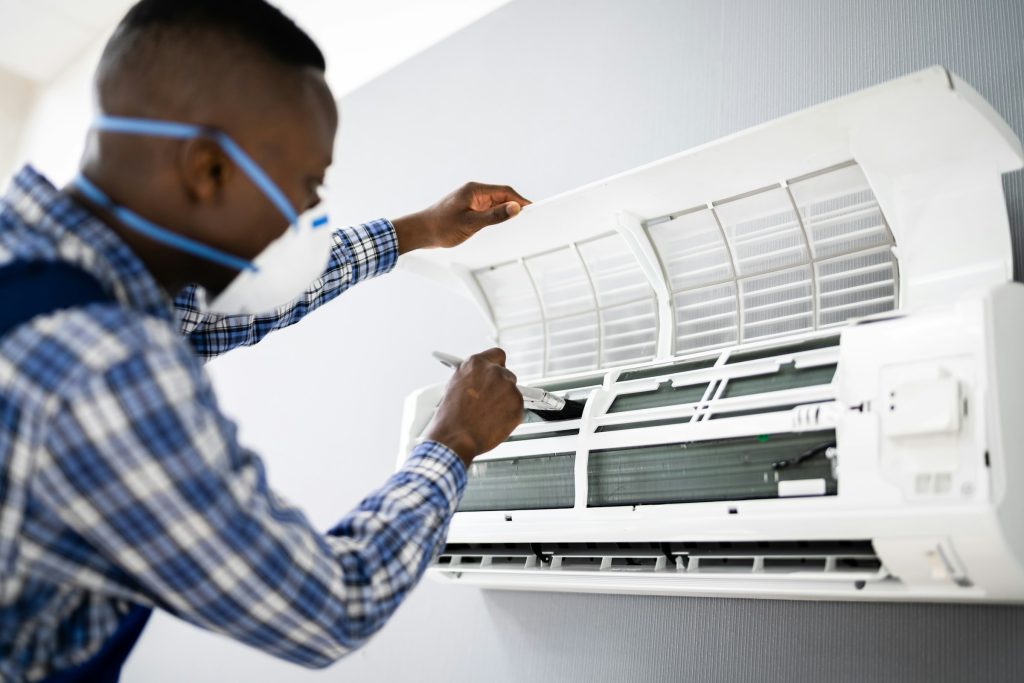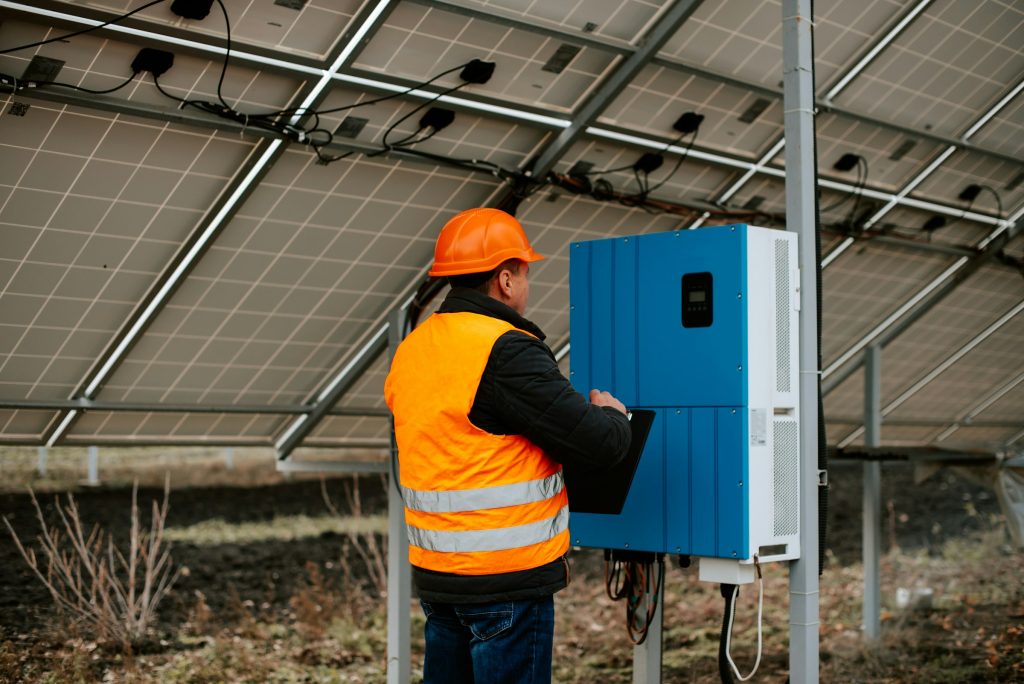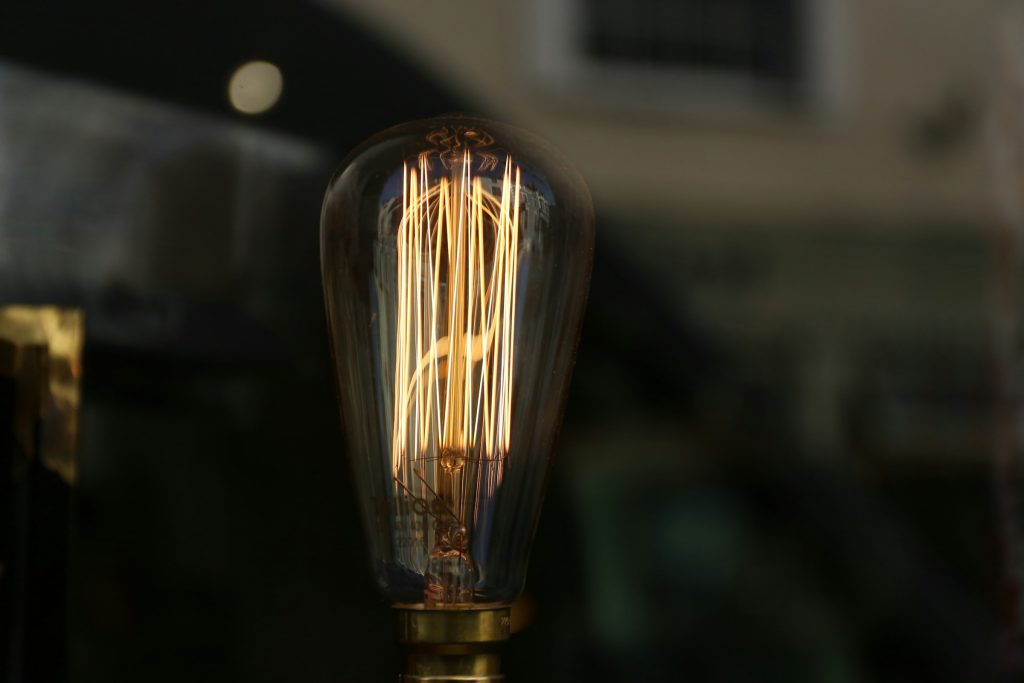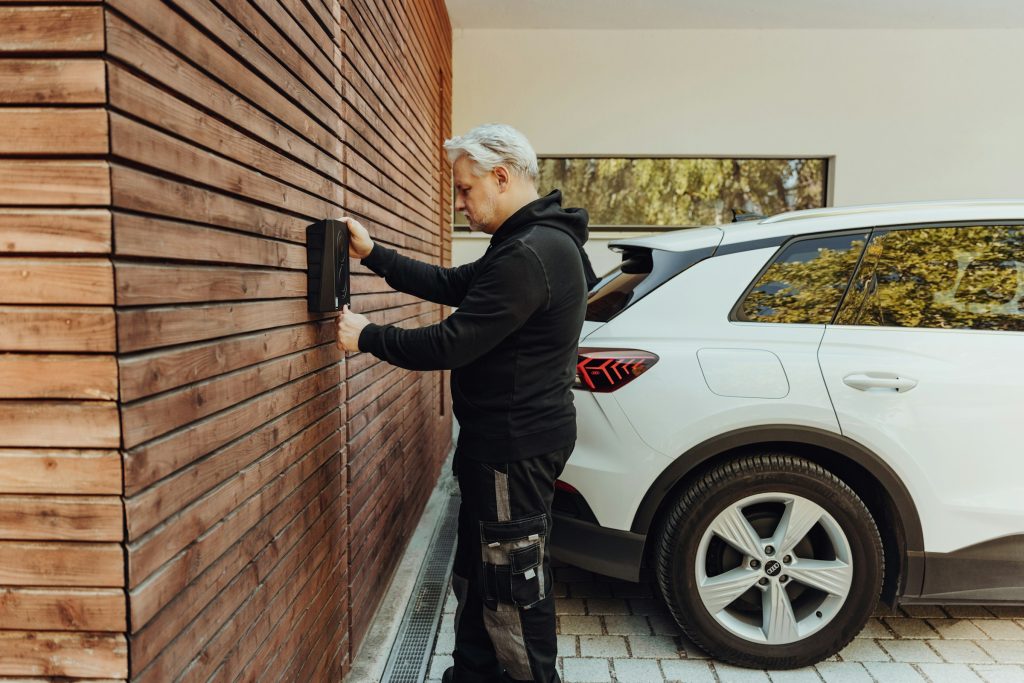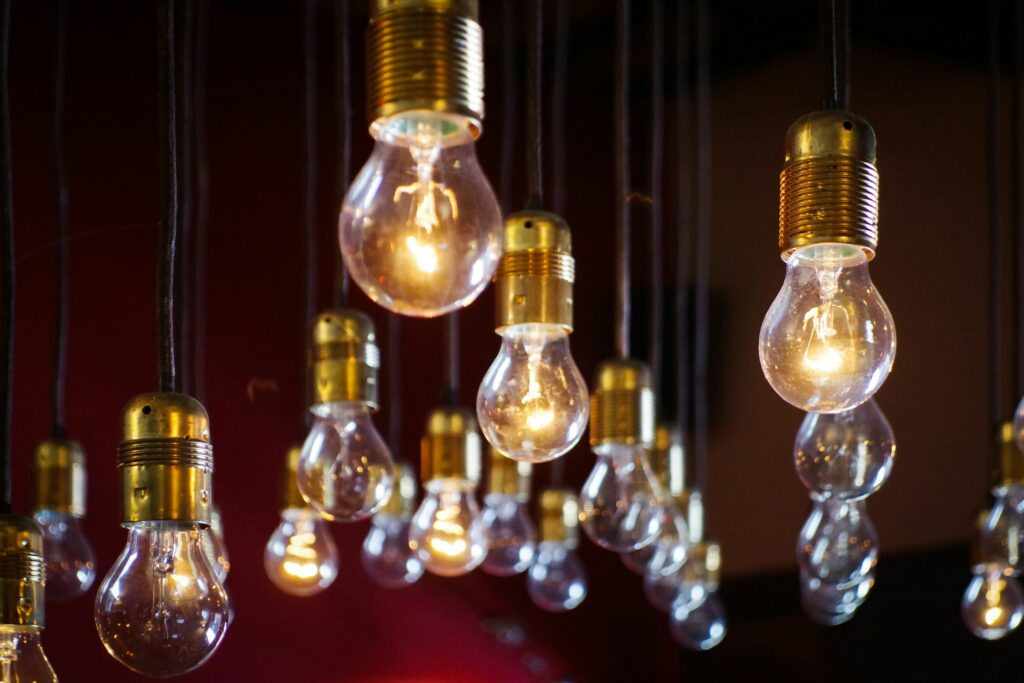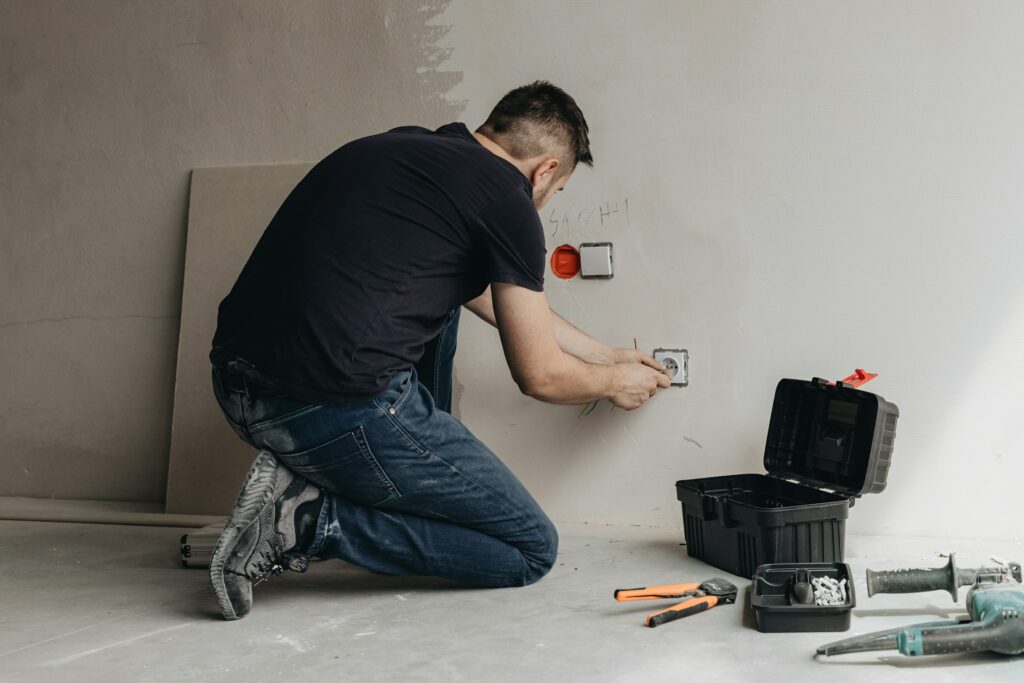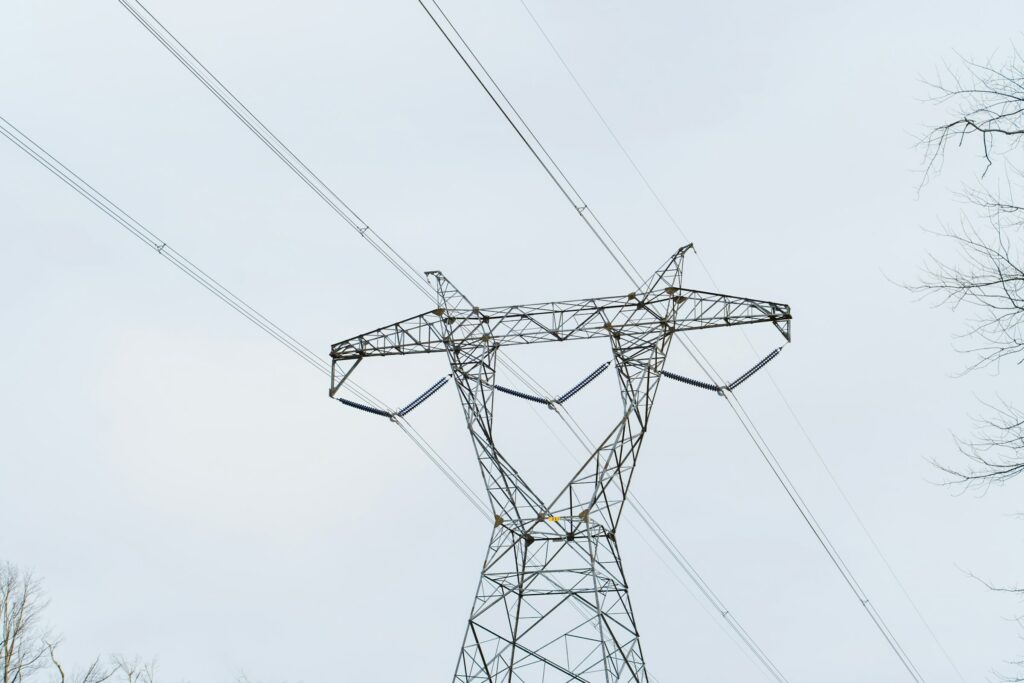Meta Title: “Smart Homeowner’s Guide: Investing in Energy-Efficient Appliances | Down To The Wire”
Meta Description: “Explore how energy-efficient appliances can be a game-changer in your home. Learn from the leading Brisbane electric service, Down To The Wire. Save energy, money, and the planet!”
- Introduction: Energy-efficient appliances are critical for sustainable living, helping combat stress on Earth from human activities by reducing energy consumption.
- The Science Behind: These appliances use advanced technology, better materials, and improved design to utilise less energy for same or higher outputs.
- Benefits: Lower energy bills and reduced carbon footprint are key advantages. American households can save up to $500 annually using energy-efficient appliances.
- Comparison with Traditional Appliances: While traditional appliances aren’t bad, over time, it’s advisable to upgrade to energy-efficient versions for better efficiency and environmental impact.
- Choosing Energy-Efficient Appliances: Consider size, usage frequency, longevity and after-sales service, in addition to power consumption ratings.
- Environmental Impact: Energy-efficient appliances have a positive environment impact by reducing greenhouse emissions and fossil fuel consumption, though their entire lifecycle should be considered.
- Case Study: John, a Londoner, experienced initial high costs in transitioning to energy-efficient appliances but saw a decrease in energy bills over time.
- Conclusion: The journey towards energy-efficiency can be challenging but rewarding, with both financial gains and environmental impacts to consider. Opt for sustainability, one appliance at a time.
Introduction
Energy-efficient appliances – they are not just a trend; they are here to stay and transform our lifestyle. Planet Earth has been under immense stress due to human activities, and it’s become vital to adhere to more sustainable life choices. Energy conservation is critical, and changing our appliance usage pattern forms a significant part. In this article, we delve deep into understanding energy-efficient appliances, their benefits, and impact on our lives.
The Science Behind Energy-Efficient Appliances
Energy-efficient appliances work on simple principles of physics and engineering. Instead of drowning in in-depth technical details, consider them as optimised devices that use less power to achieve the same or higher output as compared to their traditional counterparts. They do so by incorporating advanced technologies, better materials, and design improvements, which significantly reduce waste energy during operations.
Benefits of Energy-Efficient Appliances
Reduced energy bills and low carbon footprint are the primary benefits of energy-efficient appliances. According to a study by the Natural Resources Defense Council, an average American household could save up to $500 annually by using energy-efficient appliances. Apart from financial gains, these appliances also contribute significantly towards reducing the ever-increasing problem of energy shortage.
Energy-Efficient Appliances vs Traditional Appliances
It is essential to note that traditional appliances aren’t villains. For many, they serve the purpose well, and it is not always feasible to replace them immediately. However, over time, an upgrade to energy-efficient appliances is advisable. These new-age devices deliver the same results, if not better, while consuming significantly less power. It’s a one-time investment that reaps long-term benefits.
How to Choose Energy-Efficient Appliances
When buying energy-efficient appliances, it isn’t just about power consumption ratings. One should also consider the appliance’s specific requirements and circumstances. For example, buying a large energy-efficient dishwasher might not be the best investment for a family of two. So, factor in the size, usage frequency, longevity, and after-sales service while making a decision.
Impact of Energy-Efficient Appliances on the Environment
While the overall environmental impact of energy-efficient appliances is positive, it’s important to consider their entire life cycle, from production to disposal. Many manufacturers are now adopting more eco-friendly production processes, and several appliances come with recycling instructions at the end of their life expectancy. They significantly reduce fossil fuel consumption during usage, thereby reducing greenhouse emissions.
Case Study: Transformation with Energy-Efficient Appliances
Consider ‘John,’ a resident of London, who decided to transition towards energy efficiency. He gradually replaced his traditional appliances with energy-efficient alternatives. The initial costs were high, but over a year, the reduced energy bills made up for the investment. It wasn’t an easy journey – understanding the different energy ratings, accommodating the upfront costs, but in the end, the transformed lifestyle and reduced bills were worth the efforts.
Conclusion
Smart homeowners are recognising the benefits of energy-efficient appliances and making conscious decisions to incorporate them into their homes. The journey towards energy efficiency isn’t easy, but it’s worth it. It’s high time we consider not just the cost but also the environmental impact while making our purchases. Let’s choose sustainability, one appliance at a time.
-
What makes an appliance energy-efficient?
Energy-efficient appliances are designed to utilise less energy for the same or superior performance compared to conventional appliances. They achieve this by utilising superior materials, advanced technology, and improved designs, all aimed at reducing energy waste during operation. -
How does the usage of energy-efficient appliances impact my energy bills?
One of the major benefits of using energy-efficient appliances is the reduction in energy bills. A study by the Natural Resources Defense Council indicates that an average American household could save up to $500 annually by using energy-efficient appliances. The savings stem from the fact that these appliances consume significantly less power than traditional ones, thereby lowering your energy consumption and, subsequently, your bills. -
Why should I upgrade to energy-efficient appliances from my traditional ones?
While traditional appliances might still serve their purpose effectively, upgrading to energy-efficient appliances offers a long-term beneficial approach. Despite being costlier upfront, these appliances consume significantly less power, which leads to lower energy bills. With time, the savings on your energy bills will offset the upfront costs, plus you will be contributing towards energy conservation and reducing your carbon footprint. -
What factors should I consider while purchasing energy-efficient appliances?
When buying energy-efficient appliances, power consumption or energy ratings aren’t the only considerations. You also need to think about the specific appliance requirements and circumstances. Other factors to consider include the size of the appliance, usage frequency, longevity, after-sales service, and your household size. A thorough understanding of these factors will ensure you make the right purchasing decision. -
How do energy-efficient appliances benefit the environment?
Energy-efficient appliances play a vital role in environmental conservation. They contribute to reducing fossil fuel consumption and greenhouse gas emissions. Additionally, many manufacturers are adopting eco-friendly production processes and offering recycling instructions at the end of the appliance’s life. This sustainable life cycle helps to further minimise environmental impact. -
What is the impact of energy-efficient appliances on energy shortage problems?
Energy-efficient appliances play a significant role in alleviating the global energy shortage problem. With their reduced power consumption, these appliances decrease the demand for energy. This can contribute towards alleviating strain on power plants and can reduce the need for additional energy production facilities, resulting in reduced strain on our natural resources.
